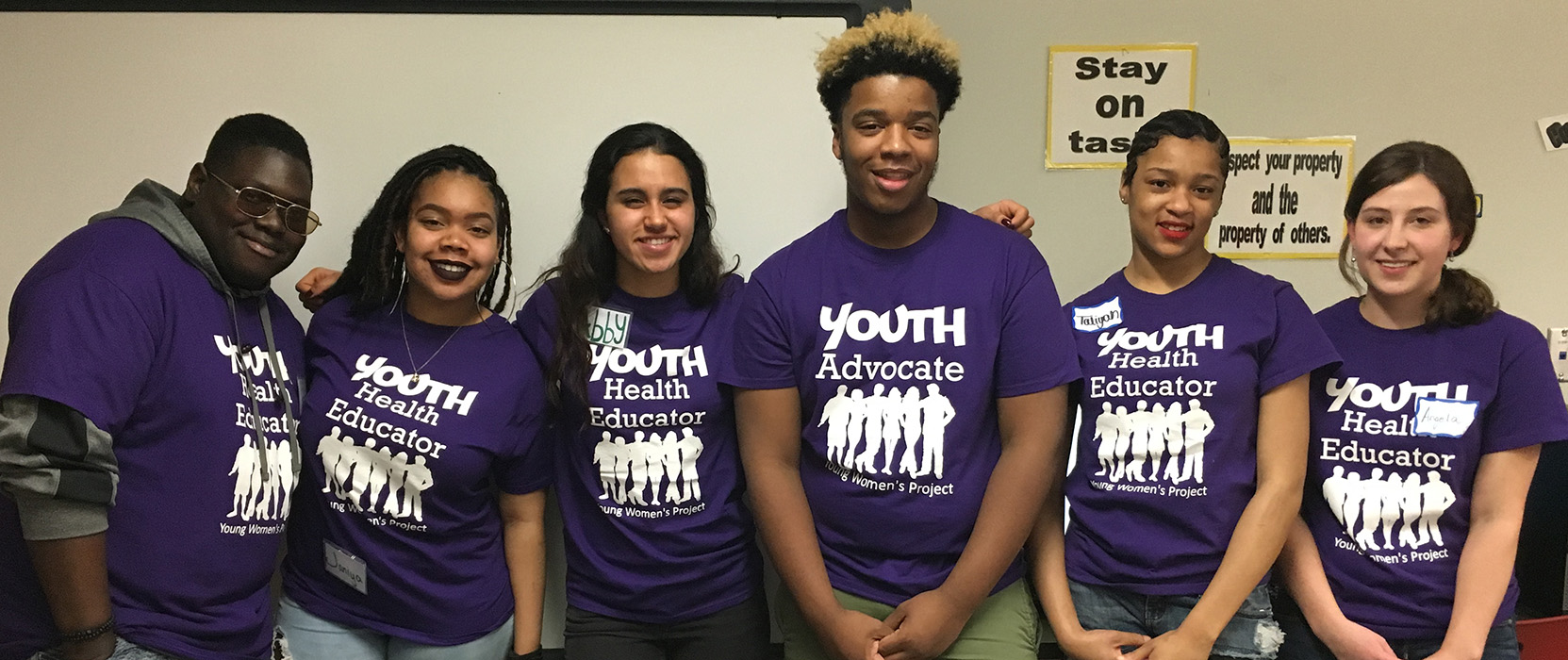
Based in Washington, DC, YWP programs engage under-resourced youth of color, ages 14-22, with a focus on teen women, youth in foster care, and homeless youth. Youth staff and members are organized into two issue campaigns, driven by long-term, system-change, focused goals. The Peer Health and Sexuality Education (PHASE) campaign improves youth health outcomes and works to reduce unplanned pregnancies and STIs by expanding comprehensive health education and access to school-based health care, and engaging youth as peer educators and leaders. The Foster Care Campaign (FCC) develops foster and homeless youth leaders as they work to transform their own lives and improve the child welfare system. YWP’s model engages youth on four levels: First, we employ youth and invest in their development! We hire 50 youth campaign staff each year that receive 150+ hours of training and work 4-8 hours a week during school, and 25 hours a week during the summer to educate youth, conduct research, and advocate for policies that support YWP's goals. Next, YWP hires 250 youth as health educators (through the Youth Health Educator Program (YHEP)), who work in high schools to distribute condoms, educate peers, and provide resources and referrals. Third, YWP advocates for policies and programs that increase rights, resources, and job opportunities for under-resourced youth through a youth-adult partnership that integrates research, education, advocacy, and implementation work alongside of city agencies. Finally, we support the work of other youth serving organizations through the DC-Peer Educators Network (DC-PEN), which provides technical assistance, training, curricula, and youth educator stipends to DC organizations, so that they can hire youth in all parts of the city and contribute to youth health outcomes.


